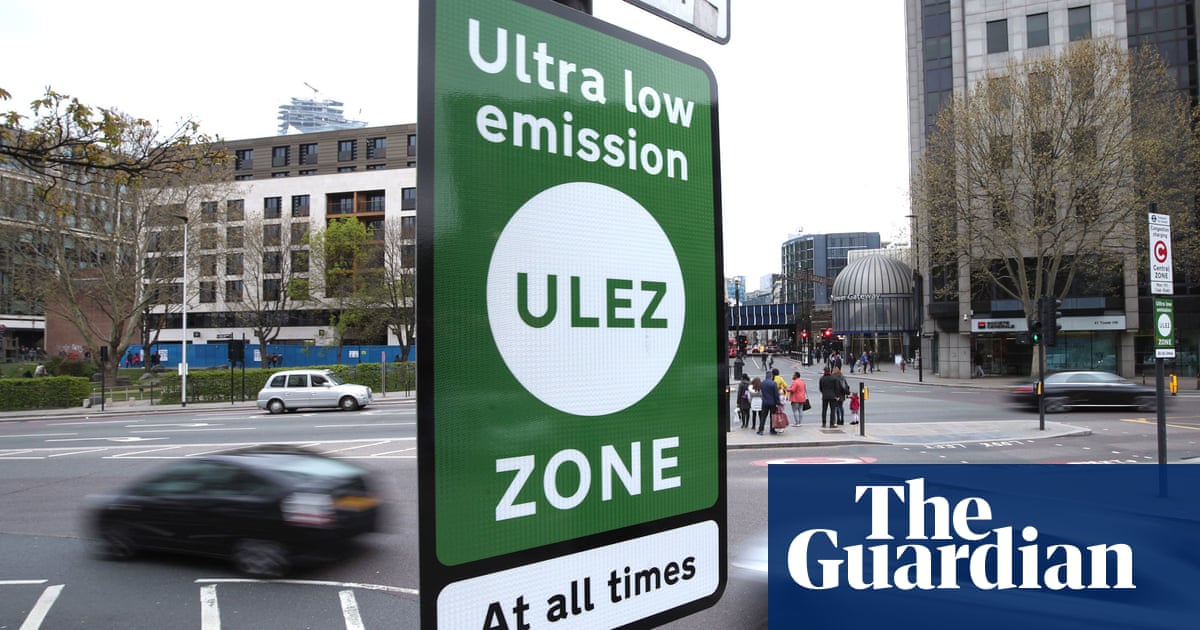
Transport for London (TfL) has recorded a 57% rise in income over five years from fining drivers using major roads in the capital, with a leading motoring organisation saying the transport authority has ensured London’s streets are now “paved with fines”.
Figures show it received £89.3m in the 2023-24 financial year for perceived offences on its red route network, up from £56.8m in 2018-19, according to a draft version of its next annual report seen by the PA news agency.
The AA attributed the rise to increased use of more sophisticated CCTV cameras, and TfL’s decision in January 2022 to raise penalty charge notices (PCNs) from £130 to £160, reduced to £80 if paid within a fortnight.
“Dick Whittington would now say that London’s streets are paved with fines. So massive is the income from road traffic enforcement on London’s red routes that to lose it would leave a huge black hole in TfL finances,” said the AA head of roads policy, Jack Cousens.
“It seems TfL may need drivers to offend and generate income instead of complying with road rules.”
TfL said it was essential that traffic moved “safely and efficiently” on its network. There are about 367 miles of red route roads in the capital meaning income from fines reached an average of nearly £244,000 a mile in 2023-24.
The draft annual report indicates that TfL made an operating surplus of £138m in the last financial year. It emerged last week that TfL has issued more than £322m in fines for non-payment of ultra-low emission zone (Ulez) charges since the scheme was expanded in August last year.
Siwan Hayward, TfL’s director of security, policing and enforcement, said: “We are committed to keeping London moving safely and efficiently, and reducing delays on London’s red routes, which is also essential to ensuring a reliable bus network for everyone.
“Compliance on red routes is vital in achieving these aims, and non-compliance disrupts traffic – creating congestion and safety risks for everyone – and impacts London’s air quality.”
She said PCNs were used as an “important deterrent to drivers” rather than to generate income. “They are only issued to the small number of drivers who contravene [the rules], and the number of drivers who receive more than one PCN for reoffences remains relatively low.”
TfL was told by a panel of adjudicators in May 2023 to stop handing out fines based on camera evidence that said drivers illegally stopped on red routes without single or double lines, because this contravened government guidance.
A judicial review ruled in TfL’s favour in November, but AA research found that the transport authority did not contest the majority of appeals from drivers issued fines for stopping on red routes.












